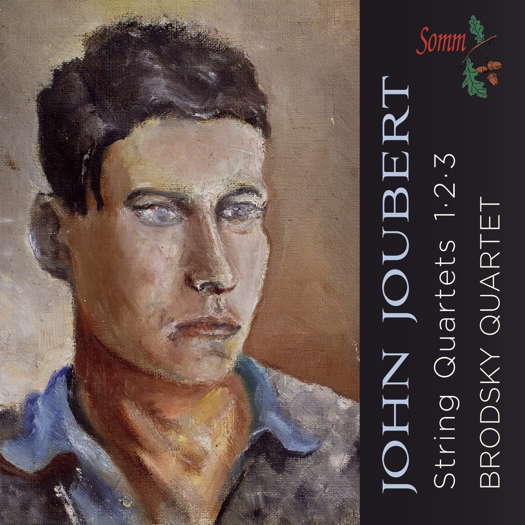 SPONSORED: CD Spotlight. A Fascinating Recording - John Joubert's string quartets, heard by Alice McVeigh.
SPONSORED: CD Spotlight. A Fascinating Recording - John Joubert's string quartets, heard by Alice McVeigh.
All sponsored features >>
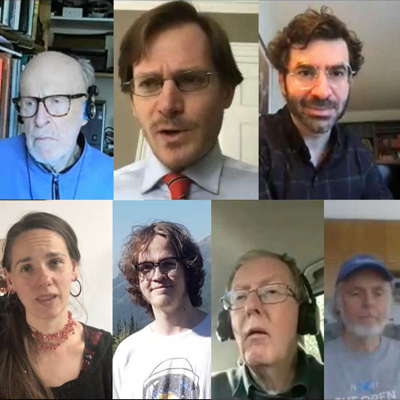 VIDEO PODCAST: John Dante Prevedini leads a discussion about Classical Music and Artificial Intelligence, including contributions from George Coulouris, Michael Stephen Brown, April Fredrick, Adrian Rumson and David Rain.
VIDEO PODCAST: John Dante Prevedini leads a discussion about Classical Music and Artificial Intelligence, including contributions from George Coulouris, Michael Stephen Brown, April Fredrick, Adrian Rumson and David Rain.
- Andjelko Klobuchar
- Johnny Mandel
- Henrik Otto Donner
- Sándor Balassa
- Vittoria
- oratorios
- world music
- Worcester County

A Work of Great Integrity
MIKE WHEELER listens to
'Lauda Creatoris' by Richard Roddis,
plus choral music by Handel, Parry, André Caplet,
Alessandro Costantini, Nancy Telfer and Dan Miller
Derby Bach Choir celebrated its sixtieth anniversary - Derby Cathedral, Derby, UK, 6 April 2019 - by returning to a work composed by its conductor, Richard Roddis, for the choir's fiftieth birthday.
To offset the novelty of the main work, the first half included two pieces at the centre of the English choral repertoire, Handel's Zadok the Priest and Parry's I Was Glad. The orchestral introduction to the Handel had a nice feel of sustained tension, followed by a punchy choir entry, though there was a slight tendency to over-sing. 'And all the people rejoiced' positively danced.
Parry got off to a more stately opening by comparison, but the big moments were really big, while the central meditative section flowed gently. This being the orchestral version, we also had a welcome opportunity to hear some of the details of Parry's instrumentation.
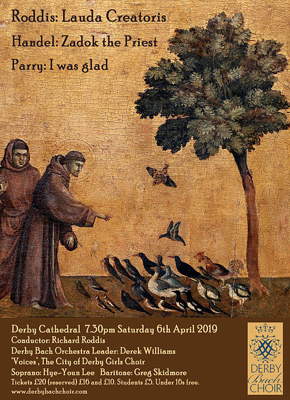
Flyer for Derby Bach Choir's 6 April 2019 concert
In between we heard from Voices, the City of Derby Girls' Choir conducted by Ann Miller, who were to play an important role in Richard Roddis's work. They were engagingly fresh-voiced in André Caplet's O Salutaris Hostia, Confitemini Domino by baroque composer Alessandro Costantini, the Agnus Dei from contemporary Canadian composer Nancy Telfer's Missa Brevis, and Dan Miller's gentle arrangement of a Hungarian folksong, 'Tavaszi Szél Vizet Áraszt'. A pity, though, that the programme didn't include translations, not even of the titles.
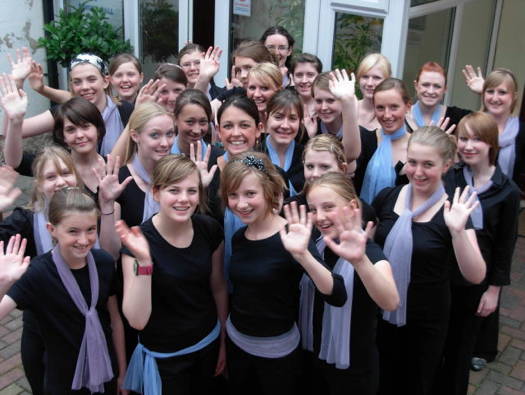
Voices, the City of Derby Girls' Choir
Richard Roddis's Lauda Creatoris is a large-scale setting (in English) of Francis of Assisi's 'Canticle of the Creatures', interspersed with words by Gerard Manley Hopkins commenting on the main text. It's an ambitious work, scored for soprano and baritone soloists, choir, children's choir and orchestra. It would be easy to point to passing echoes of, say, Holst or Kodály, but it emerges as a work of great integrity. There were some genuinely imaginative strokes: the opening was one, with cor anglais solo and horn fanfares emerging from the sombre background; scoring the first part of 'God's Grandeur' for speaking chorus and percussion, which created an unexpected agitprop moment, was another. After exploring some fairly dark corners, it arrived at a big, affirmative ending, full of dancing energy.
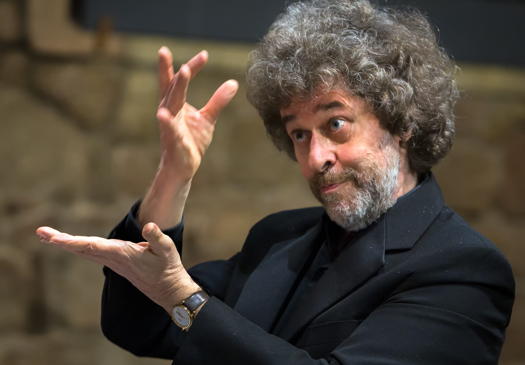
Richard Roddis
Soprano Hye-Youn Lee's tone was not always ideally focused but she brought real sparkle to Hopkins' 'The Starlit Night'; baritone Greg Skidmore explored both the brutality and the light of 'The Windhover'.
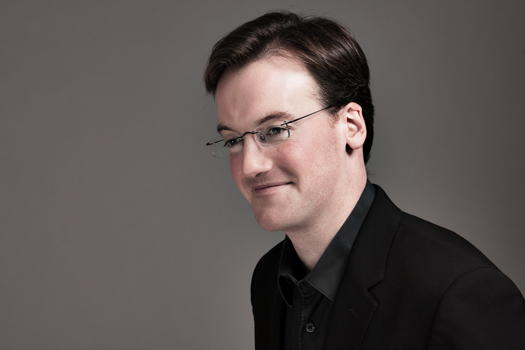
Greg Skidmore. Photo © 2012 Paul Arthur
There were moments when the choir seemed a little uncertain, others where, again, they were tempted to over-sing, but generally the singers and orchestra responded keenly to the work's wide expressive range and vivid imagery.
Copyright © 24 April 2019
Mike Wheeler,
Derby UK


